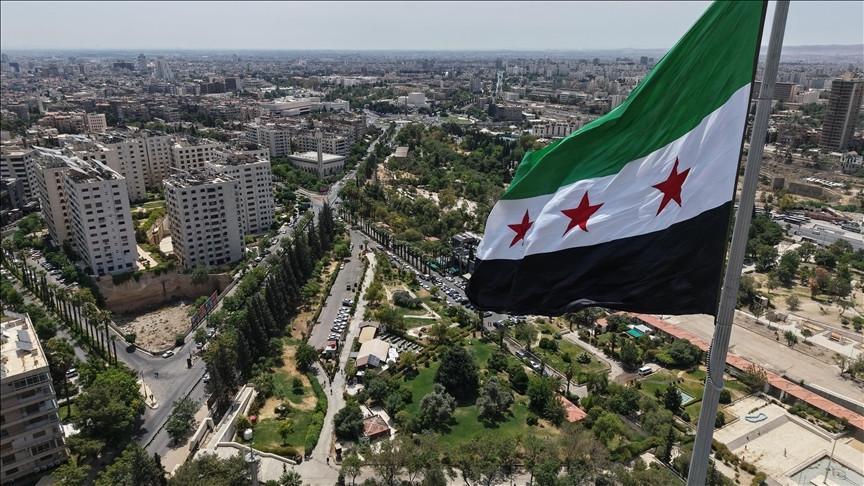
Syria is set to hold parliamentary elections on Oct. 5 for the first time since the fall of the country’s longtime autocratic leader, Bashar al-Assad, who was unseated in a rebel offensive in December 2024.
Under the 50-year rule of the Assad dynasty, Syria held regular elections in which all Syrian citizens could vote. But in practice, the Assad-led Baath Party always dominated the parliament, and the votes were widely regarded as sham elections.
The elections to be held on Oct. 5, however, will not be a fully democratic process either. Rather, most of the People’s Assembly seats will be voted on by electoral colleges in each district, while one third of the seats will be directly appointed by interim President Ahmad al-Sharaa .
Despite not being a popular vote, the election results will likely be taken as a barometer of how serious the interim authorities are about inclusivity, particularly of women and minorities.
The People’s Assembly has 210 seats, of which two-thirds will be elected on Oct. 5 and one-third appointed.
The elected seats are voted upon by electoral colleges in districts throughout the country, with the number of seats for each district distributed by population.
In theory, a total of 7,000 electoral college members in 60 districts, chosen from a pool of applicants in each district by committees appointed for the purpose, should vote for 140 seats.
However, the elections in Sweida province and in areas of the northeast controlled by the YPG-led Syrian Democratic Forces (SDF) have been indefinitely postponed due to tensions between the local authorities in those areas and the central government in Damascus, meaning that those seats will remain empty.
In practice, therefore, around 6,000 electoral college members will vote in 50 districts for about 120 seats.
The largest district is the one containing the city of Aleppo, where 700 electoral college members will vote to fill 14 seats, followed by the city of Damascus, with 500 members voting for 10 seats.
All candidates come from the membership of the electoral colleges.
Following Assad’s ouster, the interim authorities dissolved all existing political parties, most of which were closely affiliated with the Assad government, and have not yet set up a system for new parties to register, so all candidates are running as individuals.
The interim authorities have said that it would be impossible to create an accurate voter registry and conduct a popular vote at this stage, given that millions of Syrians were internally or externally displaced by the country's nearly 14-year civil war and many have lost personal documents.
This parliament will have a 30-month term, during which the government is supposed to prepare the ground for a popular vote in the next elections.